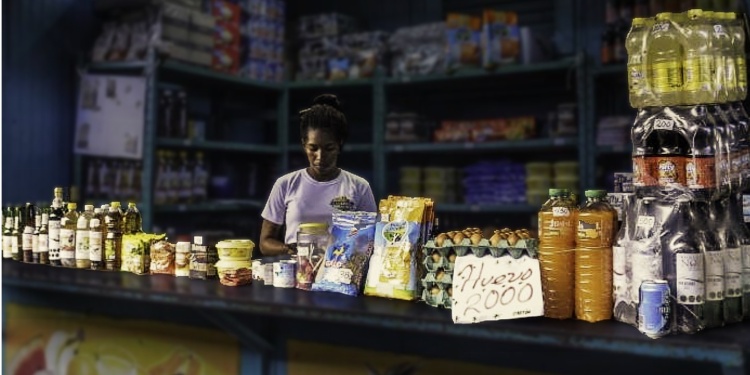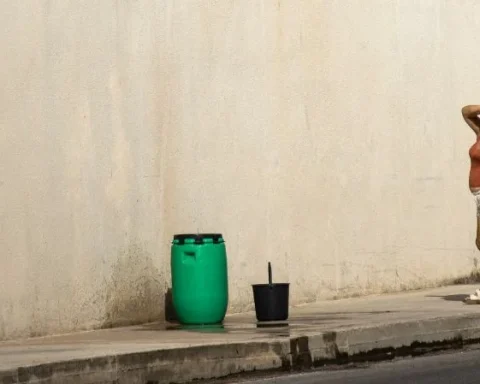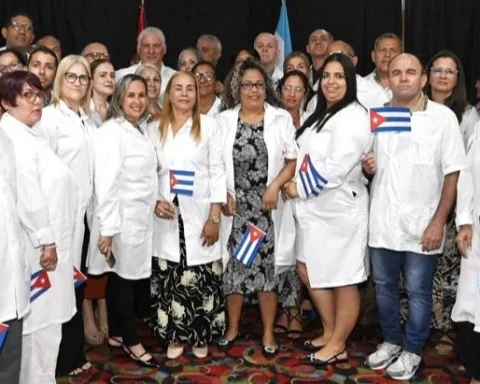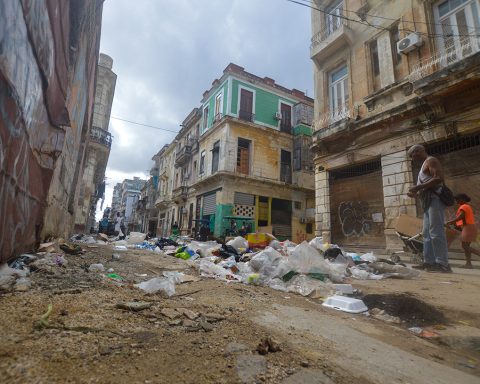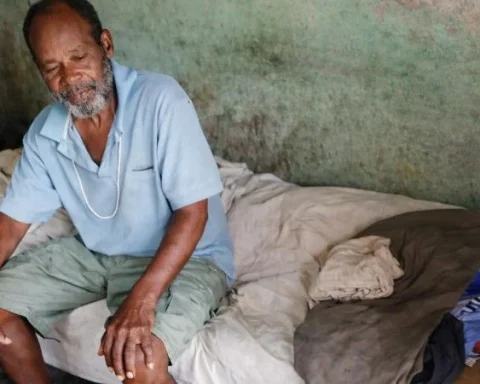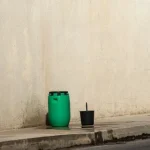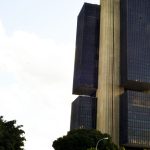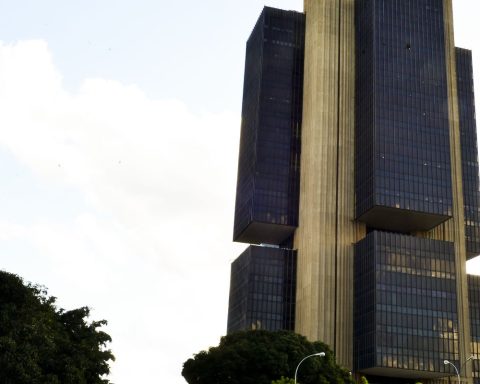SAN LUIS POTOSÍ, Mexico.- Since last Monday, July 8, the Cuban Government reactivated the controversial measure of price cap to several basic necessities, a week after it was temporarily suspended.
The resolution, promoted by the Ministry of Finance and Prices, sets maximum retail prices for six basic products, mostly food, with the alleged purpose of curbing rising inflation on the island.
Those affected, Cubans who live on their salaries, which are not enough to afford basic foodstuffs, said that prices continue to be high, but since the implementation of the measure, many products have disappeared from private businesses and the State does not guarantee them.
“Prices are still too high, so that retired people cannot afford to buy, and what they should do is lower them a little more so that everyone has the right to buy them. If you buy oilyou can’t buy sugar. And if you buy meat, you can’t buy rice,” said a Cuban interviewed by CubaNet.
Cubans have come to one conclusion: “You don’t have enough money,” and for many there is no other option than to resort to the meager portions offered in grocery stores, if they even get the products.
“This is even worse, we are starving and drinking water with shit in it,” said another person.
A Cuban woman, a vendor, explained that if the farmer sells an avocado at 60 pesos, he cannot sell it at a lower price, set by the state, because it would be absurd. In response, they risk selling it a little more expensive to make a profit.
“How am I going to sell at 45 pesos if the avocado is priced at 60 pesos? So, I have a number of fines to pay. I have to pay 38 thousand pesos in fines. How am I going to pay those fines? How am I going to pay those fines if you look at the price caps as they are?” he said.
Another interviewee, on the other hand, said that the price cap was positive: “Before, I couldn’t buy oil because my salary wasn’t enough to buy almost weekly, but now I can buy it at the lowest price, which is more affordable.”
Others commented that this measure only means that private businesses will stop working so as not to be subject to the imposed prices.
“It is true that there is a need in the people, but that does not solve anything. Why does it not solve anything? Because now what the private sector does is not work, they hide. How are you going to put a price on something that is not yours? The only solution that exists in this country is in their hands and they are not going to do it, which is to make the country produce. It is the only thing that can be done. They are the ones who have to compete with the private sector to lower prices,” said another.
“Food is produced by peasants, by the poor. There is no water here, there are no turbines to irrigate. What is harvested is what can be sold. The State does not have these products.”
Others agreed that the measure brings no benefits to the private sector. “Imagine everyone who invests their money having to sell their money below the price of oil and gasoline. I think that is wrong. You cannot control the private sector. Let them compete, let them find their own.”
The price cap
Measure, published In Official Gazette No. 61, it establishes price limits for cut chicken, edible oils (excluding olive oil), powdered milk, pasta, sausages and powdered detergent. The new prices are as follows: 680 pesos (5.6 dollars) per kilogram of cut chicken, 990 pesos (8.25 dollars) per liter of vegetable oil, 1,045 pesos (8.7 dollars) per kilogram of sausages, 1,675 pesos (13.95 dollars) per kilogram of powdered milk, 835 pesos (6.95 dollars) per kilogram of pasta and 630 pesos (5.25 dollars) per kilogram of powdered detergent.
The state press The US Department of Agriculture described this measure as “temporary” and confirmed that the “affected” products will be exempt from paying customs duties. According to the resolution, economic actors will be able to recognize up to a 30% profit margin on costs and expenses in the formation of retail prices, provided that they do not exceed the established prices.
This reimplementation takes place in a context of severe economic crisis in Cuba, the most serious in 30 years. With a national minimum wage of approximately 4,800 pesos (about six dollars), inflation has significantly eroded the purchasing power of Cubans since 2021, a situation that was aggravated by the implementation of the Sorting Task.
Follow our channel WhatsApp. Receive the information from CubaNet on your cell phone through Telegram.
